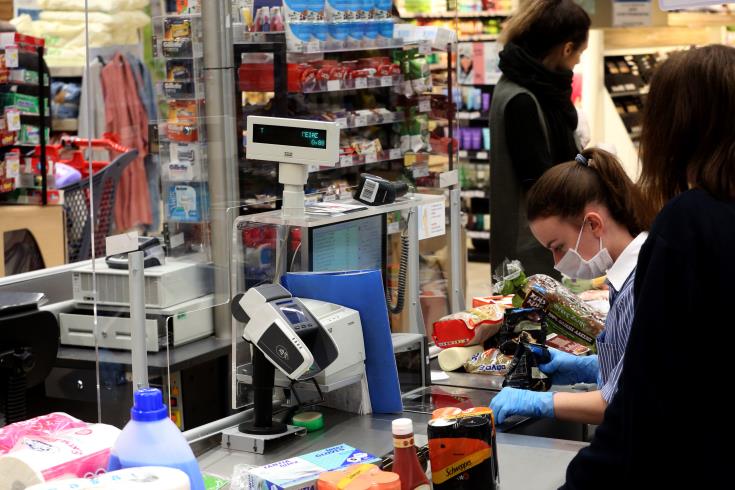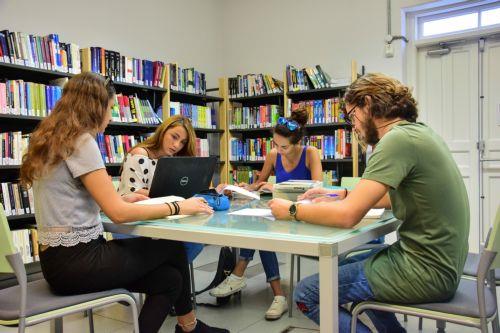Social Entrepreneurship (SE) and the whole ecosystem of the Social Economy are gaining increased momentum as they contribute to the economic development of many European Union states.
At the same time, SE contributes to the fight against poverty, social exclusion, the provision of jobs, the response to the energy crisis, and the digital transition; it is a fundamental part of the re-engineered European Social Fund (ESF) plan (2021 -2027).
In 2011, the European Commission established the Social Business Initiative.
Its main purpose is ‘to contribute to creating a favourable environment for the development of social enterprises and the Social Economy in Europe’.
More broadly, SE and the Social Economy are gaining momentum as they create innovative responses to today’s economic, social, and environmental challenges.
Concurrently, in an aligned combination, both promote the creation of sustainable jobs, social integration, the improvement of local social services, and territorial cohesion.
Recognising the potential and prospects of the Social Economy during the 2014-2020 programming period, the EU allocated around €2.5 bln through its budget to support it–an amount to be further increased in 2021-2027.
The bulk of the ESF + EU budget is designed and implemented as a partnership between the European Commission, national and regional authorities, social partners and stakeholders with a “shared management” approach.
In the context of the efforts to build a strengthened sustainable operating model (Sustainability) and business responsibility (Corporate Responsibility), the Member States, including Cyprus, have committed to facilitating entrepreneurship.
It is a key pillar of the government’s development policy (Sustainable Finance) and is expected to improve the economy’s competitiveness and the business environment, creating jobs.
SE is characterised as Europe’s development vehicle for addressing the crucial social problems of structural unemployment and poverty.
It can be added to the toolbox of solutions for strengthening economic activity and local development; dealing with the issues of ecology, education, and health; mitigating inequalities, and supporting vulnerable social groups.
SE is a distinct form of entrepreneurship that aims to achieve a social goal by creating social value.
Vision
SEs are established by people who hold the vision and perseverance to achieve the goal of social change and the attainment of lasting solutions.
These individuals apply basic principles of Entrepreneurship in the operation of their organisations.
A critical element that separates ‘social’ from traditional businesses is their main goal.
SEs aim at solving specific social problems and not necessarily at achieving a positive economic result–they use the latter as a means for the success of their purpose.
We should not ignore that Social Enterprises operate the same way as conventional enterprises, with the difference that we find the social purpose at the centre of their mission.
They have a regular structure, planning, organisation, administration, and audit.
They mainly reinvest their profits and create jobs while helping with social reintegration and inclusion.
The mission of these social organisations is to make a profit to sustain their social purpose.
In Cyprus, the responsibility for Social Entrepreneurship issues has been transferred to the Service of Cooperative Companies (CSSDA).
In December 2020, the Social Enterprises Law of 2020 (Law 207(I)/2020) was published in the Official Gazette (Cyprus).
For the implementation of the Law (primary legislation), the issuance of secondary legislation, with special Regulations, is expected.
The CSSDA aims to create and maintain the Registry of SEs, in a spirit of cooperation and consensus with the House of Representatives and to regulate the issues defined in the Law.
Specifically, the proposed Regulations regulate issues concerning:
The income of Social Enterprises, administration, annual financial statements and annual reports, compulsory liquidation, complaints, and reporting/on-site audits.
It is understood that these businesses are still at a very early stage, but they already have a significant social impact in Cyprus; they are already active and demonstrate very positive results, both at a business and a humanitarian level.
In a sustainable modus operandi, the social goals of a business should be pursued and interact with the society with which it coexists and operates.
By Nicole K. Phinopoulou, Lawyer, Banking & Financial Services, Regulatory Corporate Sustainability Governance, LLB. LLM. LPC, CISL, University of Cambridge









